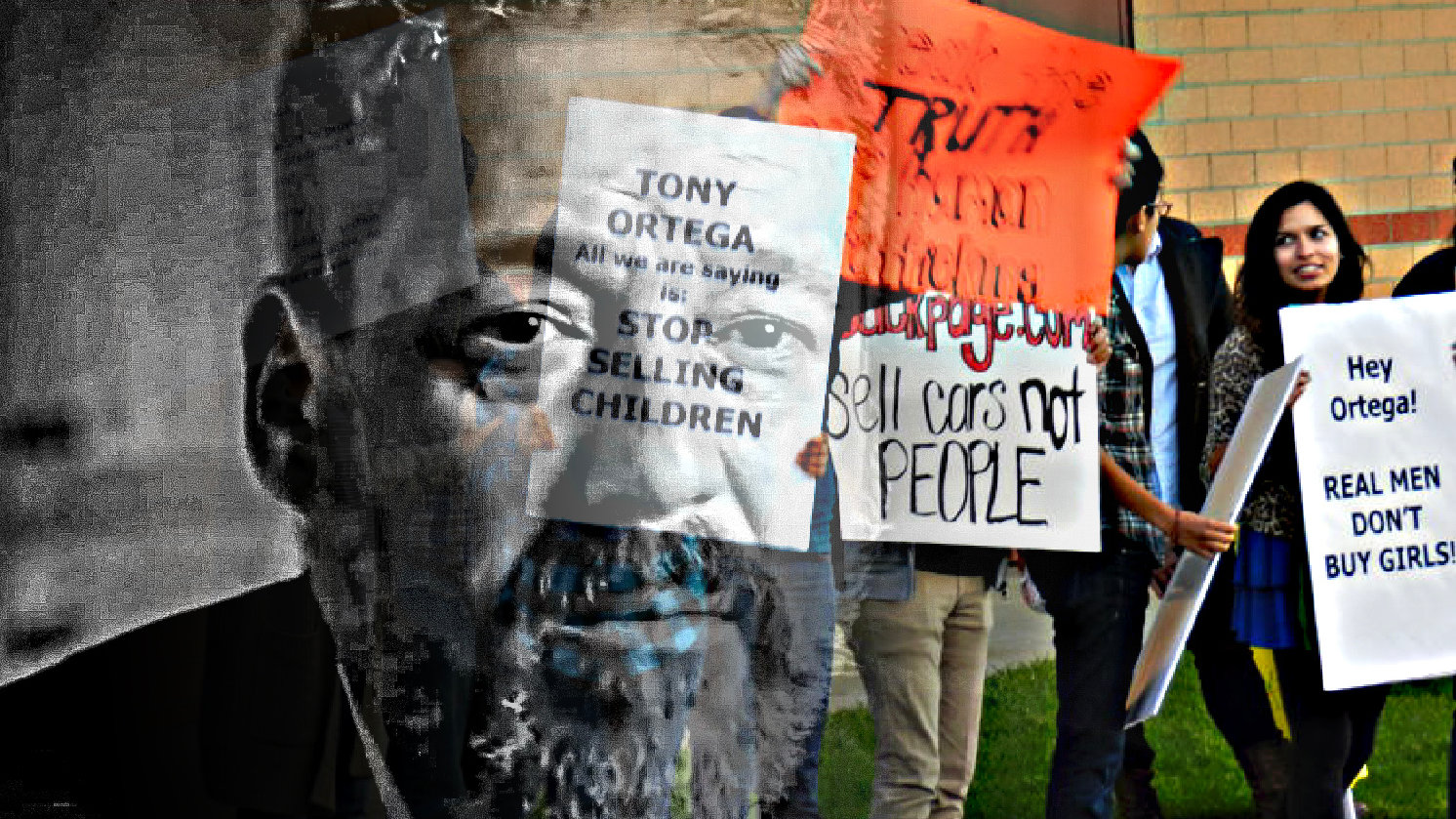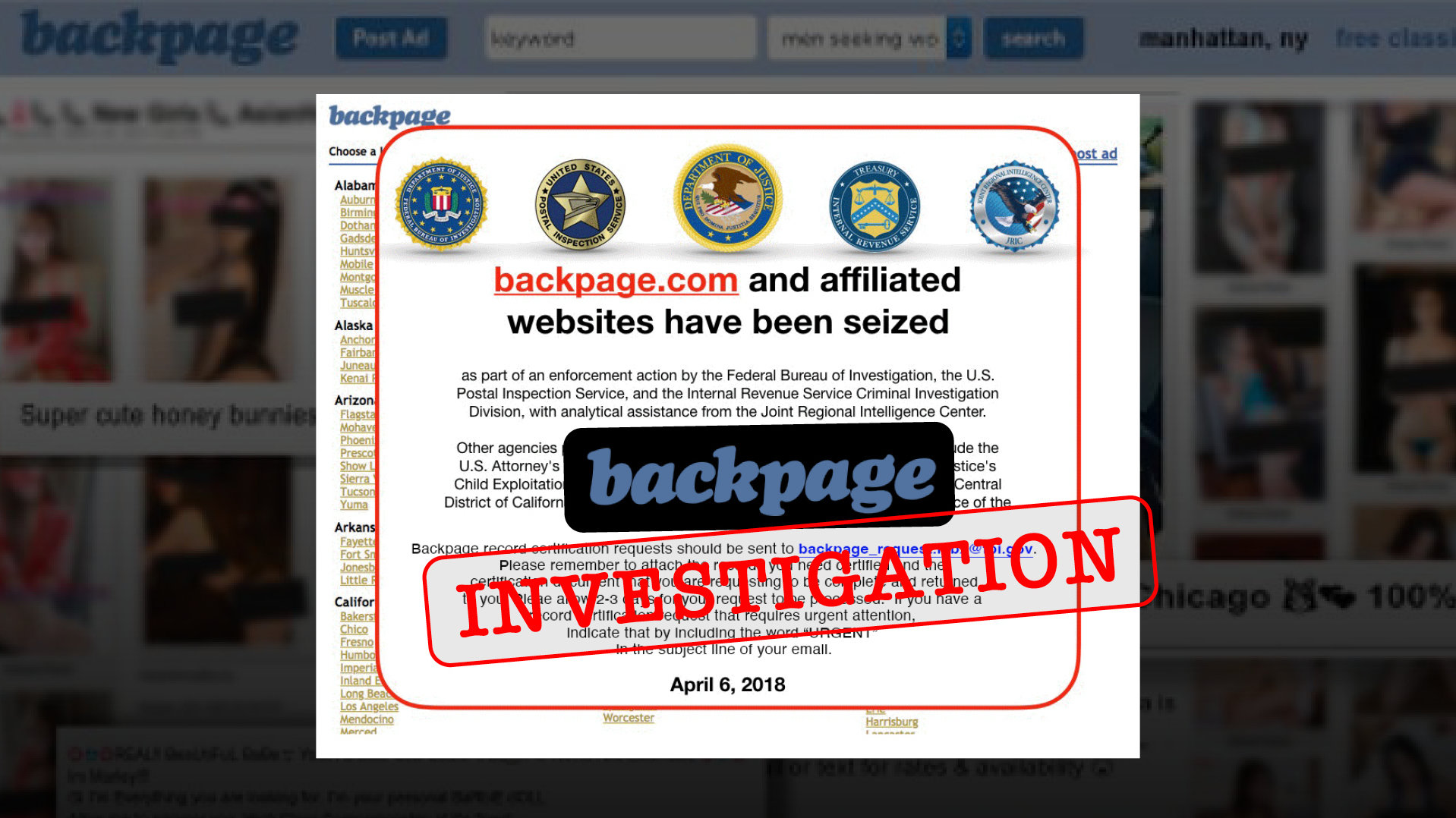Ohio is the nation’s number one producer of rubber, plastics and Swiss cheese, number three in tomatoes and eggs and number four in human trafficking.
Wait. What?
You won’t see it on the tourist brochures or the “Ohio Fun Facts for Kids” websites. You won’t hear about it at the Cedar Point amusement park or at the Columbus Zoo and Aquarium. But that doesn’t make it less true.
The illegal entrapment and enslavement of human beings is an industry in the Buckeye State, just as it is in California (#1), Texas (#2) and Florida (#3).
Human trafficking is a $246 billion-a-year industry, or 0.26% of the world’s gross domestic product.
To combat the plague, Ohio has announced a new statewide human trafficking hotline. Ohio Attorney General Dave Yost said the hotline will funnel tips on suspected sex and labor trafficking directly to law enforcement. “It’s simple: the more we know, the more we can do to help,” Yost said. “We need to keep pushing these efforts forward so that, every day, those who buy sex or compel another’s labor know that we’re coming for them.”
But, you say, why good old all-American bosom-of-the-heartland Ohio? And why, for that matter, any part of the land of the free where we shooed slavery away two centuries ago?
Hint: It’s lucrative—just as lucrative, if not more so, than it was two centuries ago.
Human trafficking is a $246 billion-a-year industry, or 0.26% of the world’s gross domestic product. That breaks down to about $170 billion from sexual exploitation and about $76 billion from forced labor.
Technology is an ally of the human trafficking industry. With a mouse and an internet connection, the enterprising pervert can procure the victim of his choice. Backpage.com, the infamous and wildly profitable prostitution and sex trafficking classified advertising website, was the place to click, to the tune of $100 million a year, courtesy of sex trafficking—often of children, often at gunpoint and too often ending in its victims’ deaths.
Before its demise at the hands of an FBI investigation and subsequent guilty verdict last year, Backpage’s most fervent promoter and apologist was the notorious bigot Tony Ortega, who somehow slipped through the fingers of justice and continues penning blogs that harass the innocent, embrace the guilty and spit on all that is decent.
But Ortega and his cronies are far, far from alone. Human trafficking is the second fastest-growing crime on Earth, and the increasing demand for slaves—be they for sex or menial labor—is not going away. To raise awareness of this pestilence on our species, the United Nations designated July 30 as World Day Against Trafficking in Persons.
And that trafficking and exploitation, sadly, most often hits its peaks at times when the world is excitedly looking the other way. Major sporting events, for instance.
Like the Olympics.
The very thought of trapping and enslaving human beings makes anyone with a scintilla of decency shudder.
For many, the quarterly event is a time to celebrate human endurance and achievement, but for many others, it is the beginning of an inhuman nightmare.
According to Lauren Hersh, the national director of the nonprofit World Without Exploitation and a former sex crimes prosecutor, major sporting events “bring together a number of men, men who are partying and drinking, and when there are those factors at play, oftentimes the purchase of women, girls and other vulnerable populations comes into play.”
Not surprisingly, then, young women, teens and minors have been sex trafficked around the 2024 Paris Games. Rahab’s Daughters, a US-based nonprofit that works to prevent human trafficking and to help victims of the illicit industry, said they received hundreds of cries for help through their hotline and anonymous tips from hotel workers and others.
Sometimes, the bait used is a promise of a modeling career, as happened to a 23-year-old Syrian refugee who reached out for help. She was raped after she was taken to parties following last month’s opening of the Paris Games. Rahab’s Daughters rescued her and found her safe housing.
Many victims are reluctant to divulge their names or even report to the police. Thus, the statistics of human trafficking, while heinous, present an incomplete picture of the global atrocity. Following the Olympics, Rahab’s Daughters will compile a full impact report for law enforcement.
And what of our own backyard? What of Ohio, where you’re 20 times more likely to be trafficked than you are to win the jackpot in the state’s Rolling Cash 5 lottery?
And what of the thousands of other Ohios—rich and poor, small and large—around the world where the odds are even stronger?
The very thought of trapping and enslaving human beings makes anyone with a scintilla of decency shudder. In 1948, the nations of the world voted in favor of a Universal Declaration of Human Rights, most of those rights as obvious as rain. But they needed to be cataloged, voted on, translated and learned as beacons for every man, woman and child to provide a standard for living in the world. Included in these rights is Human Right #4: “No one shall be held in slavery or servitude; slavery and the slave trade shall be prohibited in all their forms.”
That was 76 years ago. Yet human trafficking continues, a global scourge that shames us all. And the first step to ending it is education on one’s human rights. (You can’t fight an enemy with your eyes shut.)
The Church of Scientology sponsors United for Human Rights (UHR), one of the global humanitarian programs spearheaded by Scientology ecclesiastical leader David Miscavige and one of the broadest human rights education initiatives on Earth. In the last four years alone, UHR has educated more than 40 million on their inalienable rights, as delineated in the United Nations Universal Declaration of Human Rights.
As the Ohio Attorney General said, “The more we know, the more we can do to help.”
Armed with that knowledge, there can be a hope of fulfilling the words of Scientology Founder L. Ron Hubbard: “Human rights must be made a fact, not an idealistic dream.”






















